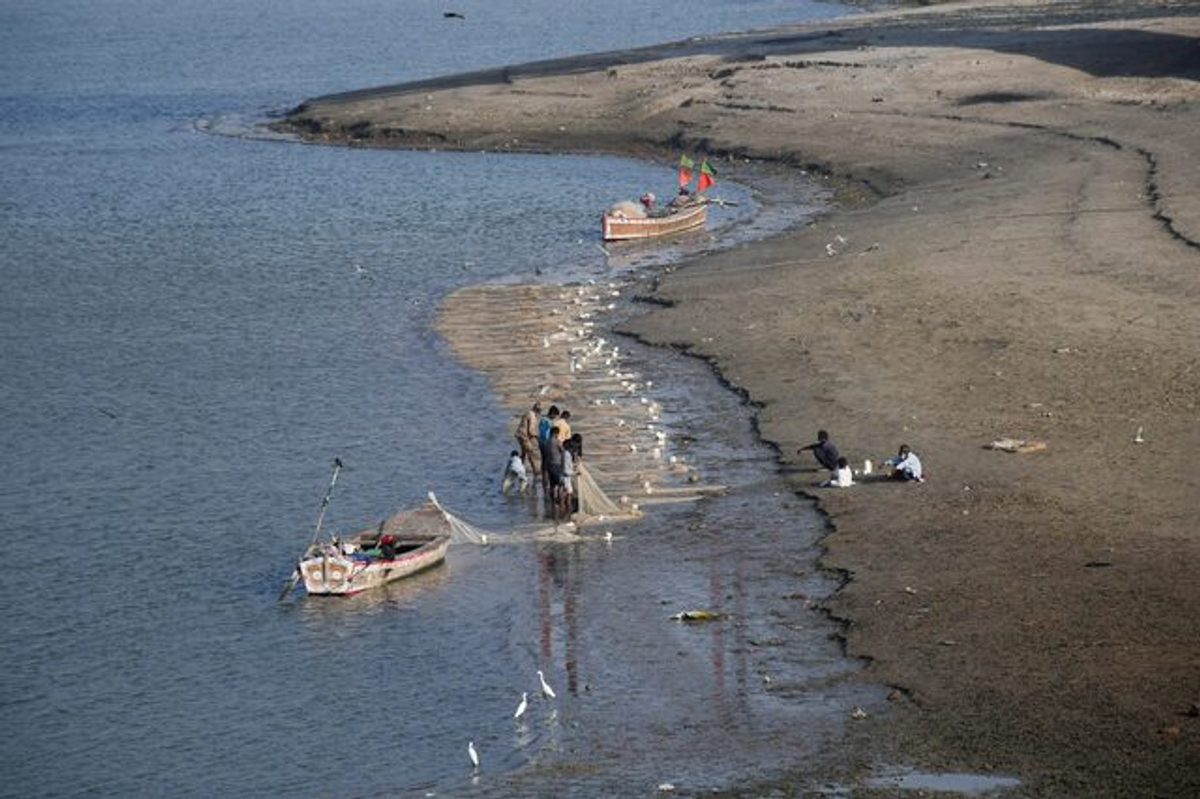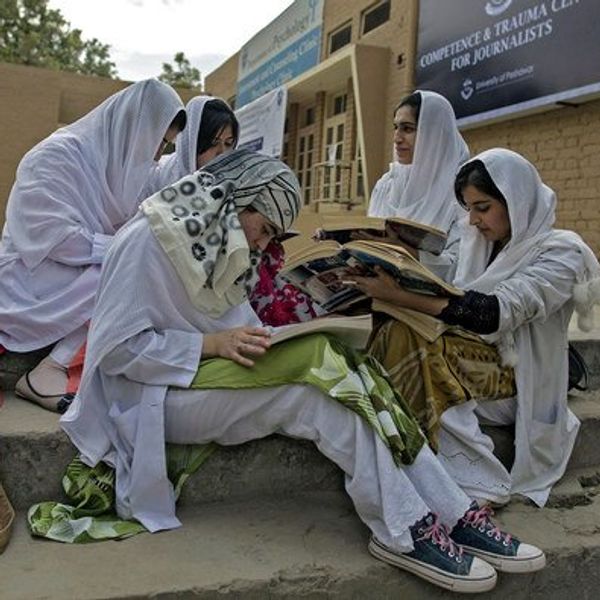Pakistan to boost water storage plans after tensions with India
Foreign Minister Ishaq Dar says Pakistan aims to expand storage to 25 MAF and finish Diamir-Bhasha Dam within 4 years
Ali Hamza
Correspondent
Ali; a journalist with 3 years of experience, working in Newspaper. Worked in Field, covered Big Legal Constitutional and Political Events in Pakistan since 2022. Graduate of DePaul University, Chicago.

Pakistan has announced a nationwide push to expand water storage infrastructure in the aftermath of renewed tensions with India, allocating PKR 133 billion for the effort in its federal budget 2025-26 and fast-tracking key dam projects.
India announced on April 23 that it was suspending the World Bank-mediated 1960 Indus Waters Treaty (IWT), accusing Pakistan of backing a deadly attack in Indian-administered Kashmir that killed 26 people, most of them tourists. Pakistan denied the accusation and called for an independent international investigation.
Islamabad later warned that any attempt by New Delhi to halt or divert Pakistan’s share of water under the treaty would be viewed as an “act of war”.
Tensions escalated rapidly. On May 7, India launched missile strikes on what it claimed were militant hideouts inside Pakistani territory. Pakistan responded with its own air and artillery attacks, triggering four days of the most intense military clashes between the two nuclear-armed neighbors in decades.
The fighting subsided following diplomatic intervention led by the United States. However, India has since reaffirmed its longstanding position that all disputes with Pakistan must be resolved bilaterally, without third-party mediation.
Deputy Prime Minister and Foreign Minister Ishaq Dar told Nukta that Pakistan would no longer rely on any country for its water needs. “We have decided to increase our water storage capacity across Pakistan post recent conflict with India,” he said, adding that all provinces, Gilgit-Baltistan, and Pakistan-administered Kashmir have been taken into confidence.
Dar chaired a high-level meeting last week to address the country’s water security. The session included chief ministers of Punjab, Sindh, Khyber Pakhtunkhwa, and Gilgit-Baltistan; the Prime Minister of AJK; several federal ministers; senior bureaucrats; and economic and irrigation officials. The meeting, Dar said, resulted in consensus on accelerating existing projects and launching new ones.
Govt to fast-track Diamer-Bhasha Dam
Dar told Nukta that the government would attempt to complete the Diamer-Bhasha Dam in just three to four years — far ahead of its original 20-year timeline. He said Pakistan’s reservoir capacity had fallen from 19 million acre-feet (MAF) to just 15 MAF due to silting and that the new target was 25 MAF.
In his budget speech on Tuesday, Finance Minister Muhammad Aurangzeb said, “After the Indo-Pak war, India has threatened to stop Pakistan’s water. India is trying to use water as a weapon. I want to make it clear that water is the guarantee of Pakistan’s survival, and no kind of obstruction will be tolerated in this regard.”
He said Pakistan was now pursuing water security with urgency, noting that a detailed implementation strategy would follow soon.
Aurangzeb said the government had completed 34 out of 59 water projects last year, worth PKR 295 billion. For the upcoming fiscal year, PKR 133 billion has been allocated to the Water Resources Division, including PKR 102 billion for 34 ongoing projects. Of that, PKR 95 billion will go to 15 key initiatives focused on water storage, flood protection, and modernization of the Indus Basin telemetry system.
Major allocations include
- PKR 32.7 billion for Diamer-Bhasha Dam
- PKR 35.7 billion for Mohmand Dam
- PKR 3.2 billion for Karachi’s K-IV water supply project
- PKR 10 billion for lining the Kalri Baghar Feeder Canal
- PKR 4.4 billion for telemetry systems
- PKR 5 billion for four dams in Balochistan
- Smaller amounts for Pit Feeder and Kachhi Canal rehabilitation
Sindh Planning Minister Syed Nasir Hussain Shah told Nukta that the province had already built more than 100 small dams and was working with the federal government on expanding capacity. “We are expediting canal lining, adopting modern irrigation methods like sprinklers, and facilitating farmers,” he said.
Shah also said that Sindh was willing to contribute to national projects such as Diamer-Bhasha Dam, but that controversial initiatives like Kalabagh Dam should be permanently shelved. “No controversial dam, especially Kalabagh, should be constructed,” he said.
Dar echoed that position. In a June 4 media briefing, he suggested Kalabagh should be reconsidered due to national security concerns. However, he later told Nukta that the prime minister had directed the government not to proceed with divisive projects. “We all agreed that new projects will be started and no controversial dams, including Kalabagh, will be built,” Dar said.
Opposition voices also weighed in. Speaking to Nukta, Member of Parliament Shazia Marri said that Pakistan’s focus should shift to modern water management. “Large dams are not the ultimate solution. Sustainable practices like drip irrigation, canal modernization, groundwater recharge, and wastewater recycling offer better long-term outcomes,” she said.
Marri warned against domestic conflict over water policy at a time of heightened external tensions. “Pakistan must remain united, especially after recent threats to the Indus Waters Treaty. We should avoid internal divisions and strengthen water security through consensus, not conflict,” she said.
The government has reaffirmed its commitment to the National Water Policy 2018, which aims to achieve a 10 MAF increase in storage, a 33% reduction in water wastage, and a 30% improvement in water use efficiency.










Comments
See what people are discussing